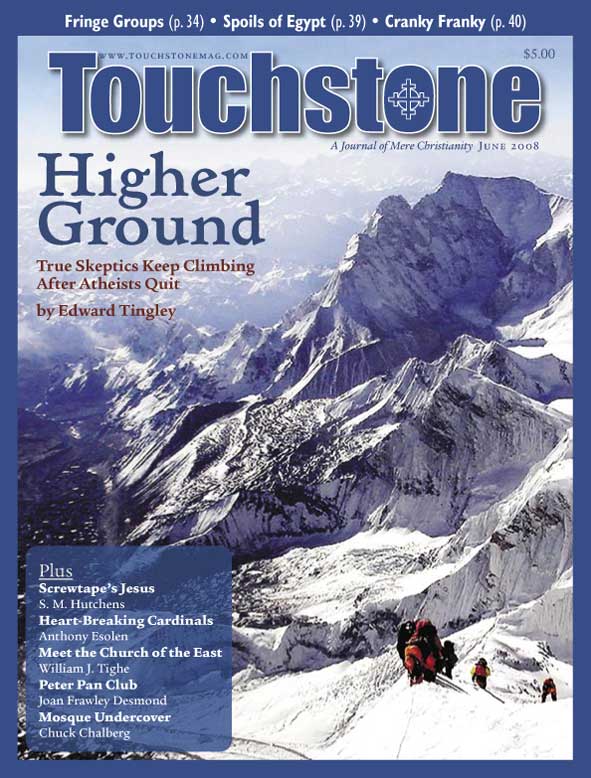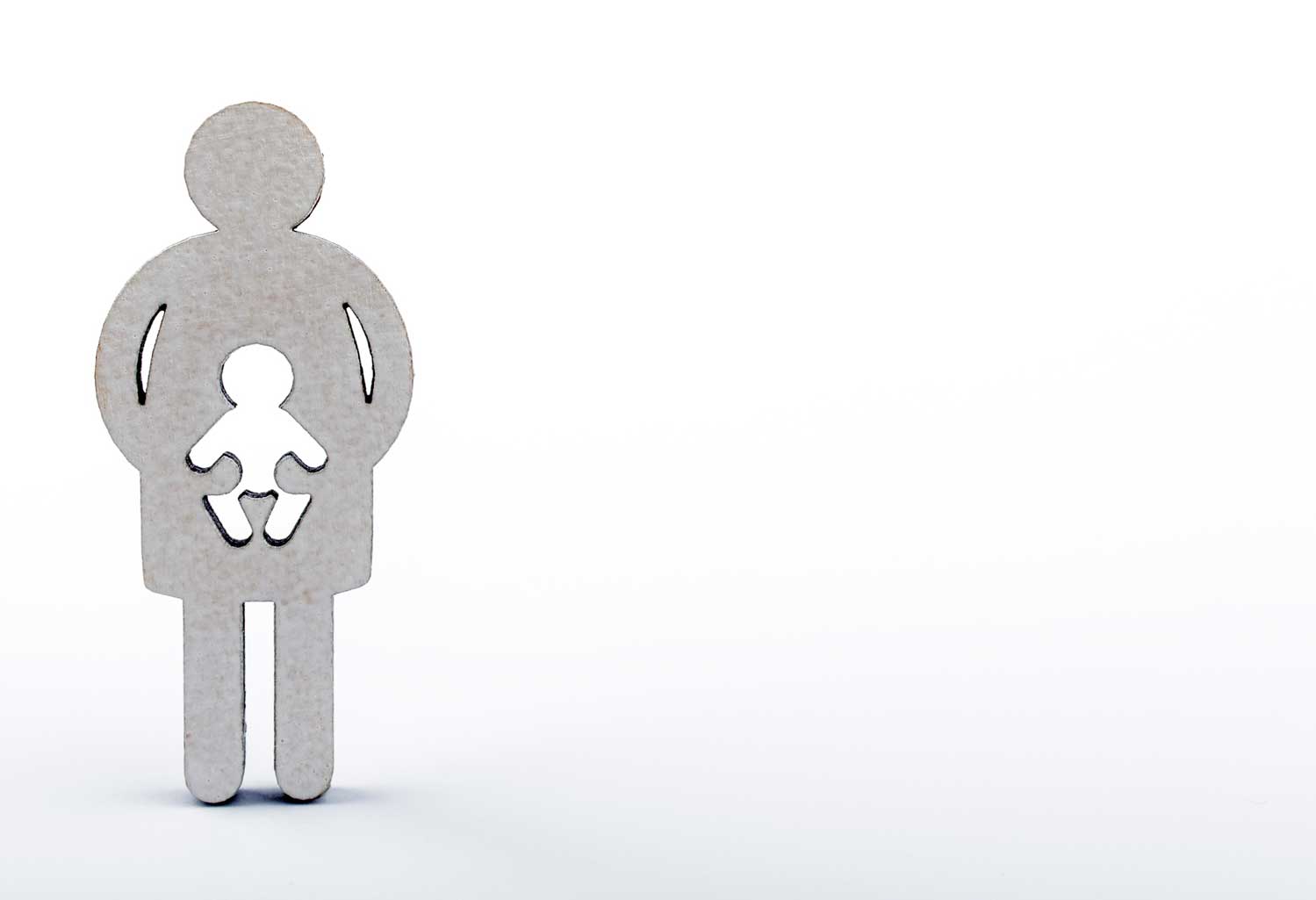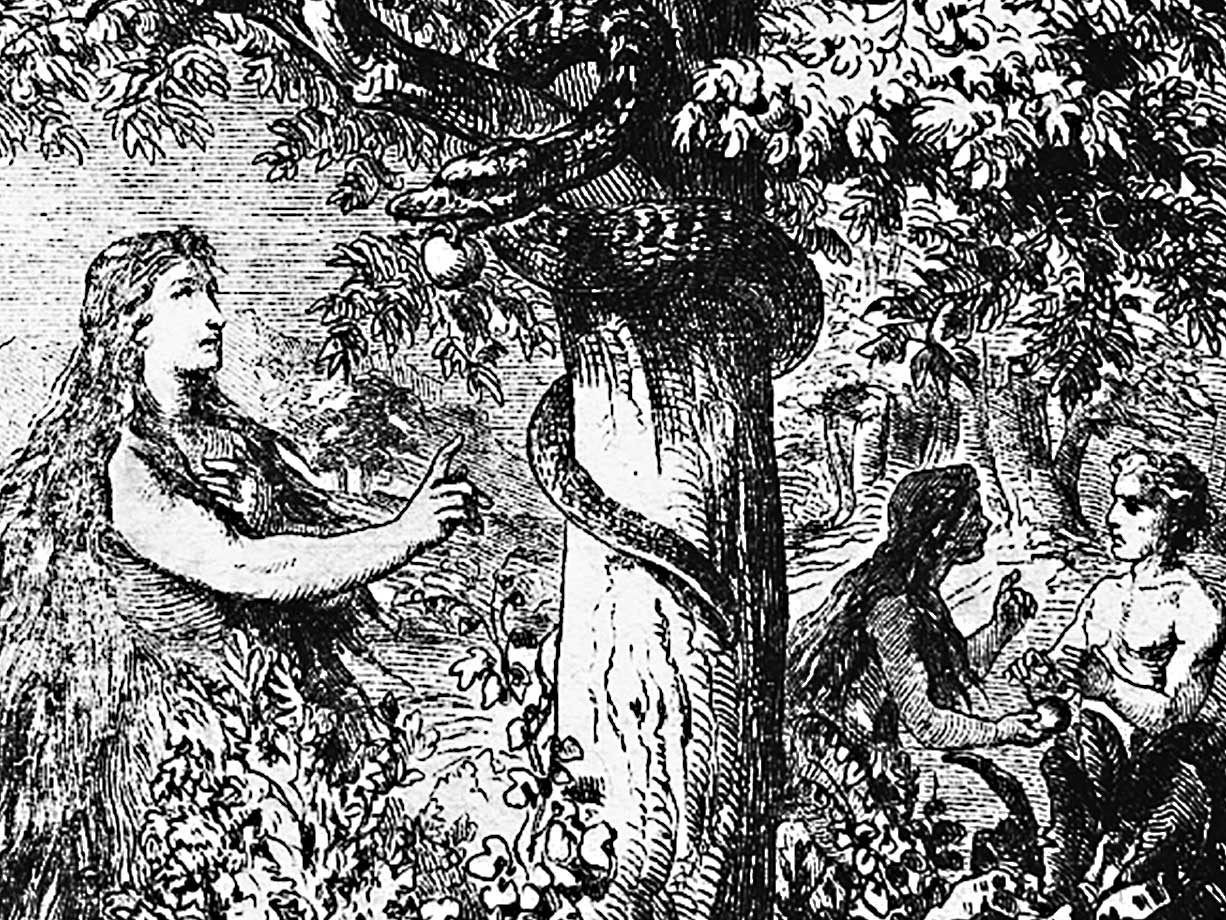Fetal Positions
Defending Life: A Moral and Legal Case Against Abortion Choice
by Francis J. Beckwith
Cambridge University Press, 2007
(312 pages, $22.99, paperback)
reviewed by Anne Hendershott
During the earliest days of legalized abortion, those on the pro-choice side argued that abortion was of little consequence: It was just the removal of an unformed clump of cells or a bit of tissue.
Two philosophers at the Jesuit-led Seattle University, Daniel Dombrowski and Robert Deltete, wrote in their Brief, Liberal, Catholic Defense of Abortion that the abortion of a non-sentient child is like the removal of a form of vegetation, like mowing the lawn or pruning a rose bush. In The Politics of Motherhood, Berkeley sociologist Kristin Luker described the unborn life throughout the nine months of pregnancy as “embryonic” rather than the more value-laden “fetal.”
Sophisticated Errors
It was easy to reject those arguments with a simple appeal to basic embryology. But today, pro-choice philosophers and legal scholars offer sophisticated arguments that acknowledge the possibility of personhood for unborn life, and a “limited” right to life, yet claim the support of reason for legal abortion. A sophisticated response is called for, and Francis J. Beckwith’s Defending Life provides it.
Drawing from philosophy, law, and science—but not theology—to construct a compelling case for governmental protection for the unborn, Beckwith challenges some of the most acclaimed advocates of abortion, including M.I.T. philosopher Judith Jarvis Thomson, Harvard-trained political scientist Eileen McDonagh, and the University of Colorado’s David Boonin.
The book is “not really a book about abortion, but rather a book about human equality,” writes Beckwith, a professor of philosophy and jurisprudence at Baylor University. Arguing that from the moment of conception, the unborn entity is a full-fledged member of the human community, he makes an effective case that it is morally wrong to kill any member of that community.
Although his defense of the pro-life position is certainly persuasive, at least to the average reader of Touchstone, the more powerful portions of his book are those that systematically dismantle the pro-choice arguments. His opponents present complex challenges to which Beckwith responds with an elaborate and philosophically sophisticated rejoinder—one that deserves a far more detailed analysis than can be provided in a brief book review.
The Violinist’s Problem
For example, he presents Thomson’s “violinist analogy,” the now classic thought experiment that describes a woman who awakens to find that she has been kidnapped and is lying back to back with a famous violinist who suffers from a kidney ailment. Her circulatory system is being used to keep him alive during the nine months required for his curative treatment. Thomson argues that the unborn entity, like the famous violinist, has no right to use the body of another against that person’s will—even if the unborn is fully human with a full right to life and the body is that of the mother.
Anne Hendershott is Professor of Urban Affairs at the King's College in New York City (www.tkc.edu). She is the author of Status Envy: The Politics of Catholic Higher Education (Transaction, 2008). She and her husband have two grown children and are members of St. Mary's Church in Milford, Connecticut.
subscription options
Order
Print/Online Subscription

Get six issues (one year) of Touchstone PLUS full online access including pdf downloads for only $39.95. That's only $3.34 per month!
Order
Online Only
Subscription

Get a one-year full-access subscription to the Touchstone online archives for only $19.95. That's only $1.66 per month!
bulk subscriptions
Order Touchstone subscriptions in bulk and save $10 per sub! Each subscription includes 6 issues of Touchstone plus full online access to touchstonemag.com—including archives, videos, and pdf downloads of recent issues for only $29.95 each! Great for churches or study groups.
Transactions will be processed on a secure server.
more on Feminism from the online archives
more from the online archives
calling all readers
Please Donate
"There are magazines worth reading but few worth saving . . . Touchstone is just such a magazine."
—Alice von Hildebrand
"Here we do not concede one square millimeter of territory to falsehood, folly, contemporary sentimentality, or fashion. We speak the truth, and let God be our judge. . . . Touchstone is the one committedly Christian conservative journal."
—Anthony Esolen, Touchstone senior editor












